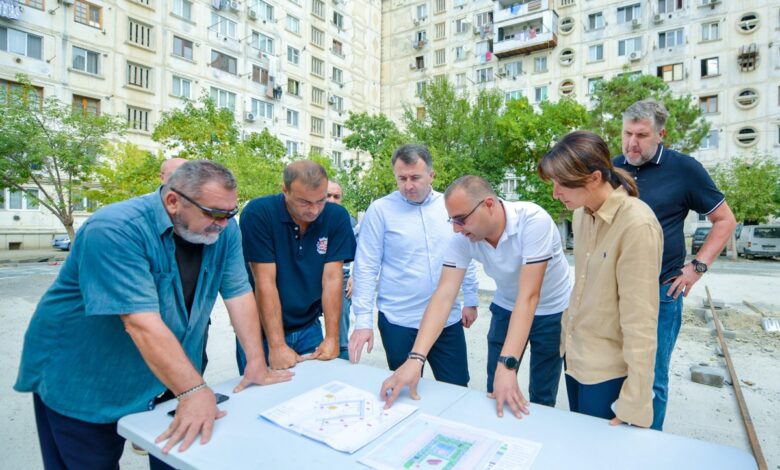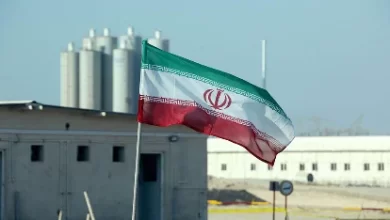Environmental challenges posing threats to food security, public health – academic study

Environmental degradation is hindering socio-economic development across the South Caucasus, according to published research conducted by regional experts. While the three South Caucasus states — Armenia, Azerbaijan and Georgia — have adequate legislative frameworks to address environmental challenges, they lack comprehensive planning mechanisms to promote sustainable growth.
The findings, contained in an academic work titled Biodiversity, Conservation and Sustainability in Asia, have broad implications for public health and food security in the region. The three issues identified by the researchers as posing the most immediate environmental threats are soil erosion, deforestation and ill-planned urbanization.
“At the present stage, an important task is the creation of a methodology for determining not only the condition but also the potential of the transformed landscapes,” the authors state in their book chapter, titled Main Problems of the Sustainable Development of South Caucasus and Processes of Transformation of Landscape (Ecosystem) Biodiversity.
Soil degradation is closely tied to unsustainable agricultural practices. According to metrics used by the authors, over 50 percent of the region’s landscapes are “strongly modified,” exacerbating soil erosion and land degradation. Overgrazing by livestock is a major source of soil deterioration, spurring desertification in some areas. This, in turn, places additional economic pressure on many rural communities, making them “even more dependent on imported goods,” the authors contend.
Deforestation is a naturally occurring phenomenon in the South Caucasus that is significantly exacerbated by human activity, including land clearance for agricultural purposes. The authors add that the “irregular and rapacious exploitation of the forests was followed by the activation of the geodynamic processes in many regions,” accelerating degradation. The dwindling number of trees, correspondingly, has worsened wind-caused soil erosion.
Rapid urbanization fueled by spiking countryside-to-city migration is another burgeoning challenge. High population densities in cities such as Tbilisi, Yerevan, and Vanadzor have led to “particularly severe” levels of pollution, producing rapid increases in instances of respiratory illness, while threatening adequate supplies of drinking water. The result is a rise in social tension over dwindling resources.
According to authors, authorities are trying to address pressing issues but are doing so in a patchwork manner. “The problem of biodiversity conservation is still one of the severest issues,” they state, adding that there is room for improvement in such areas as landscape management, reforestation efforts, and water resource conservation. The authors recommend the development of technical landscape assessments as a tool for developing targeted conservation strategies.
“Many areas have failed to consider the ecological demands of the population and this has become a precondition for the environmental degradation in several regions,” the authors state. The principal authors of the chapter are three Georgian scholars: Nodar Elizbarashvili, Nino Sulkhanishvili, and Rusudan Elizbarashvili.
Source:Eurasianet



